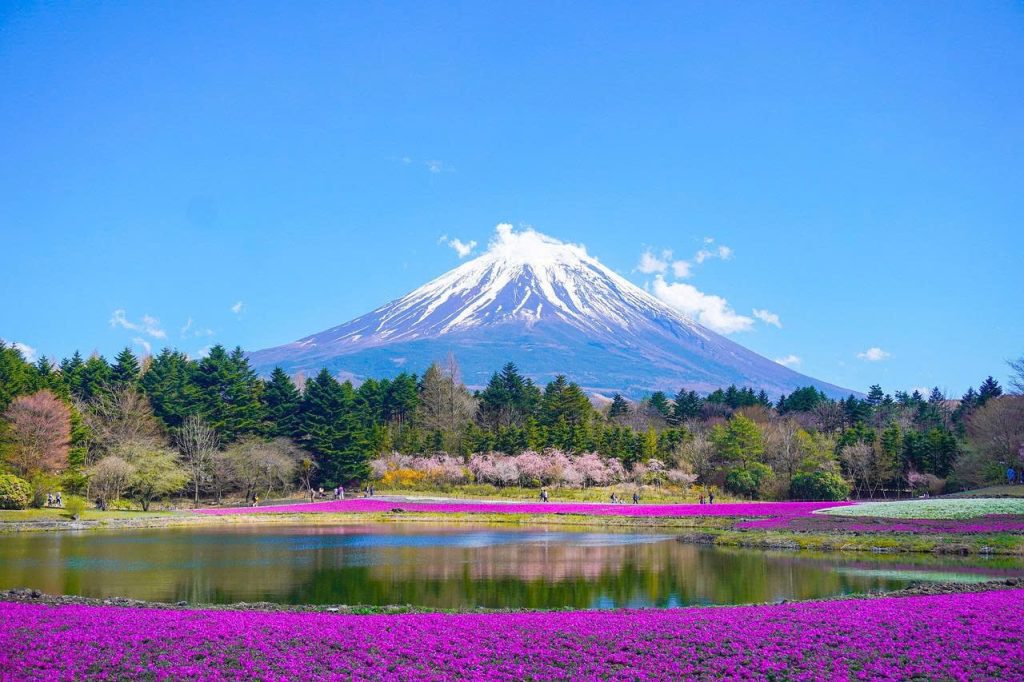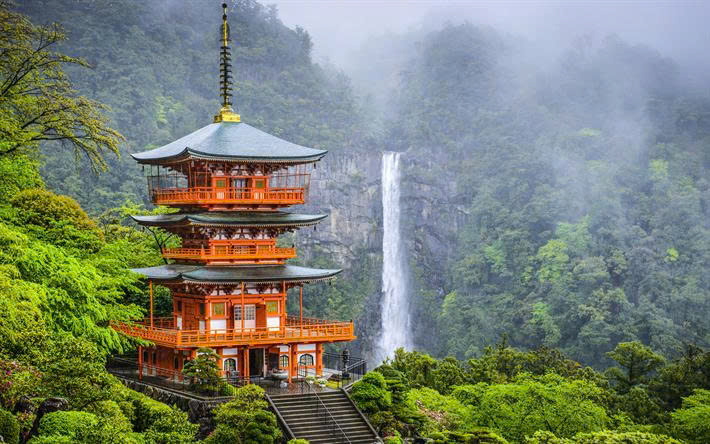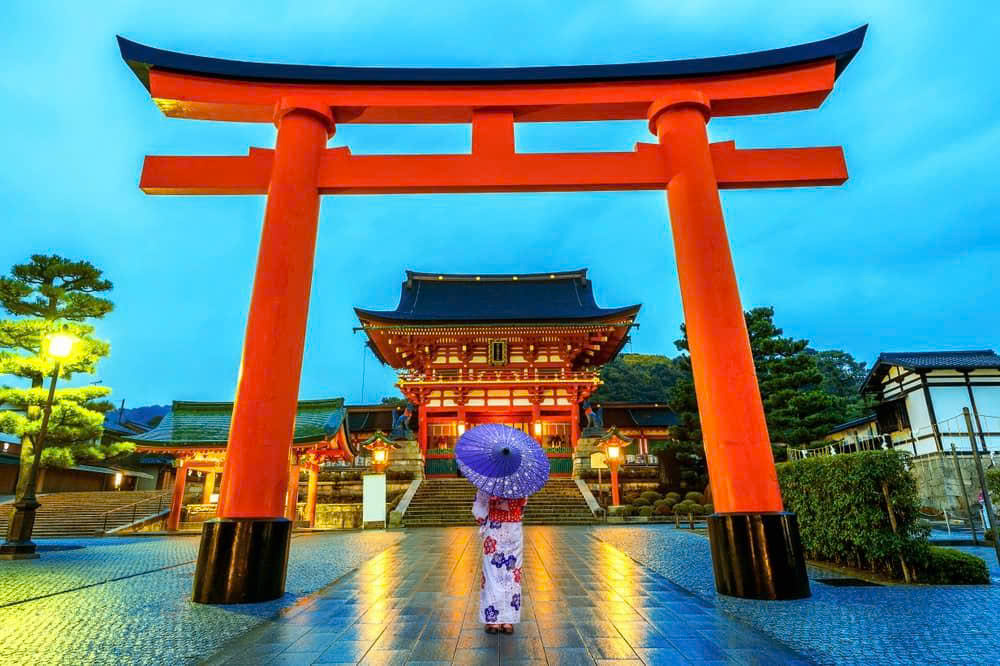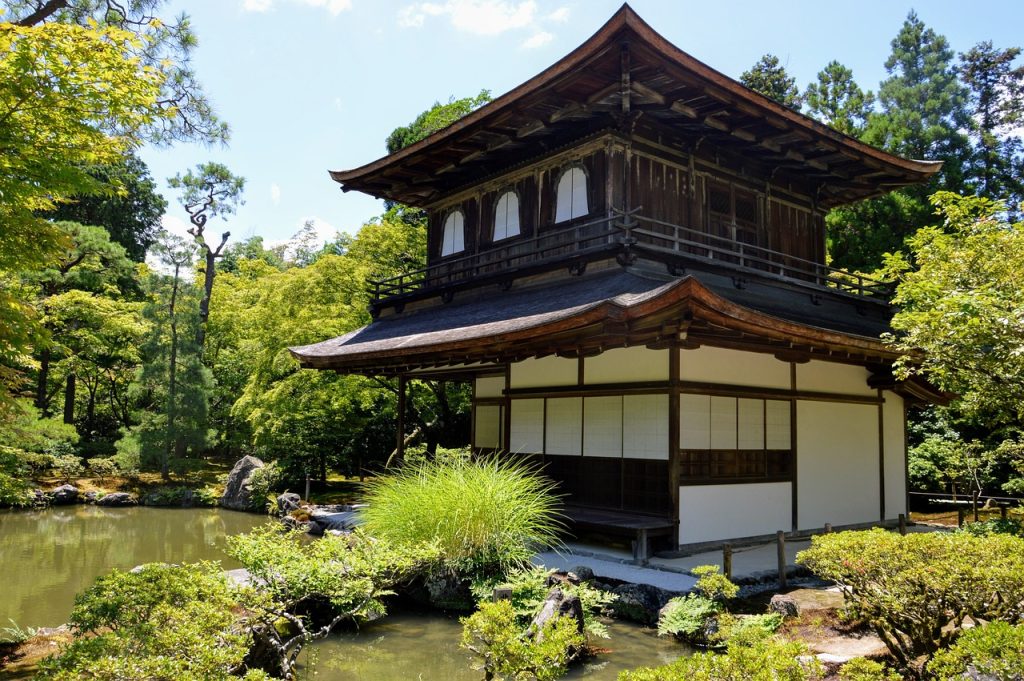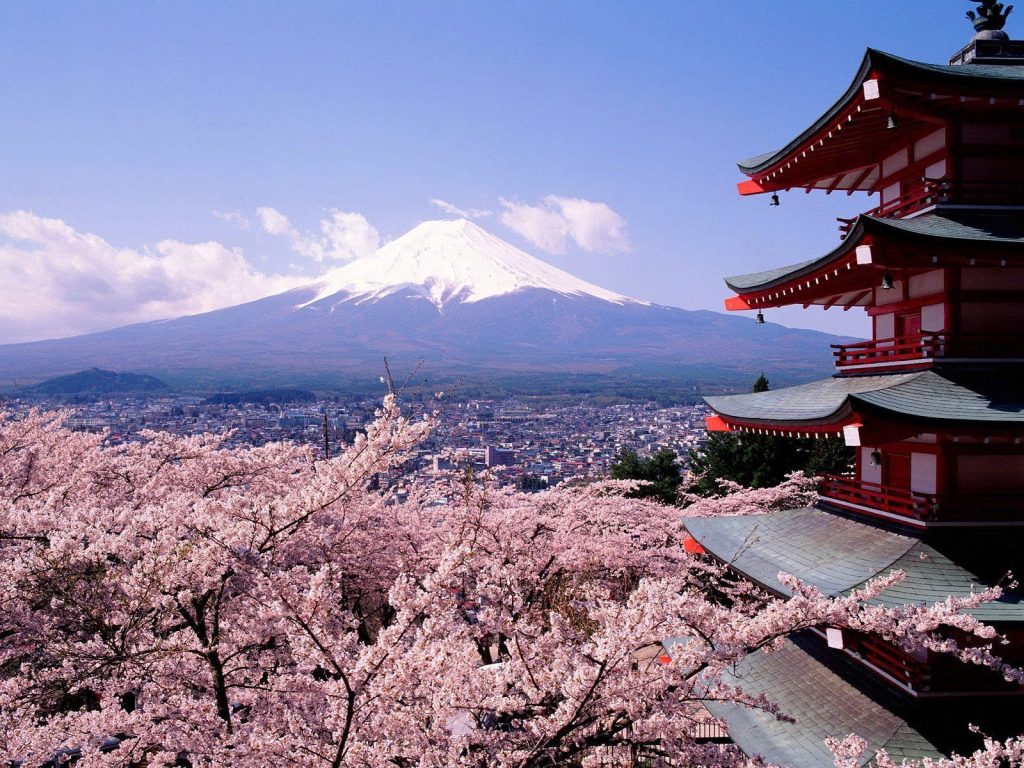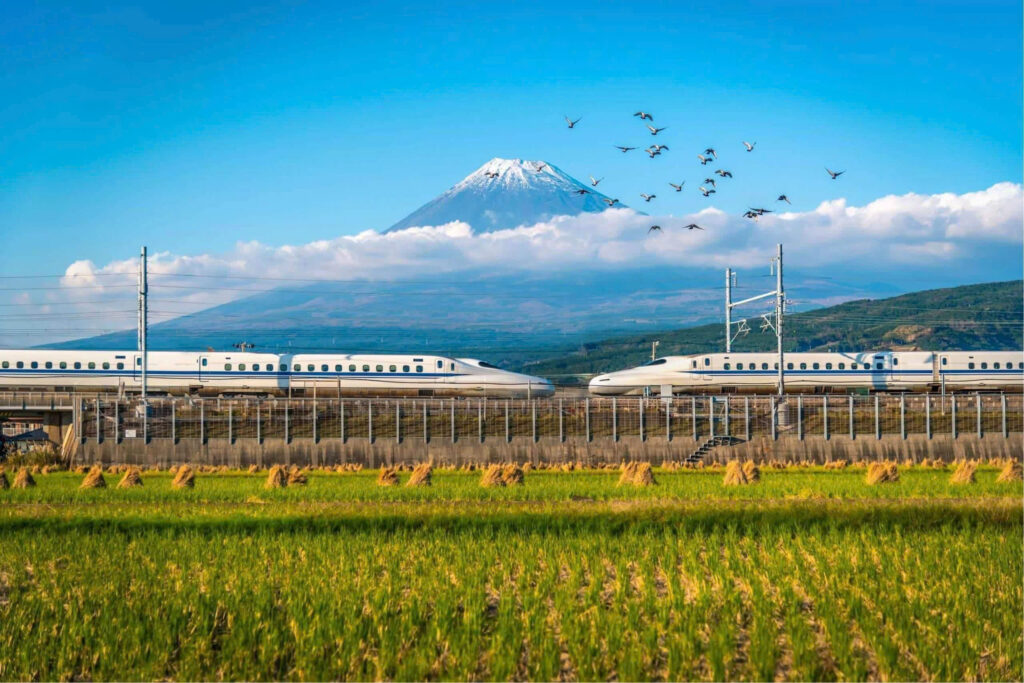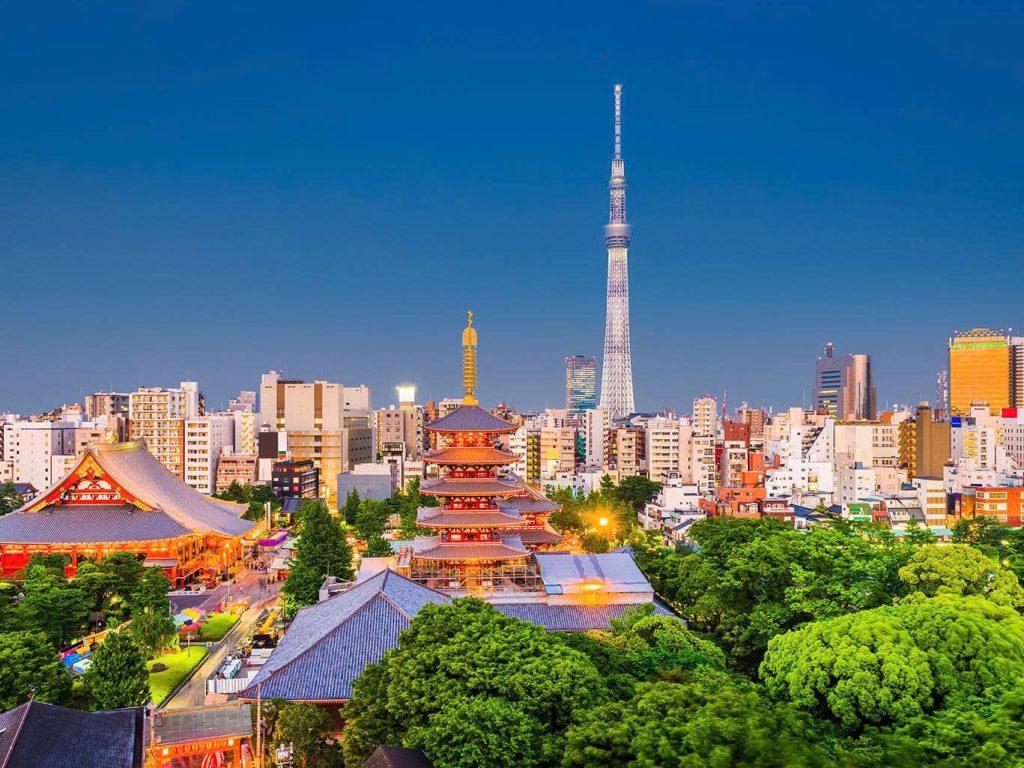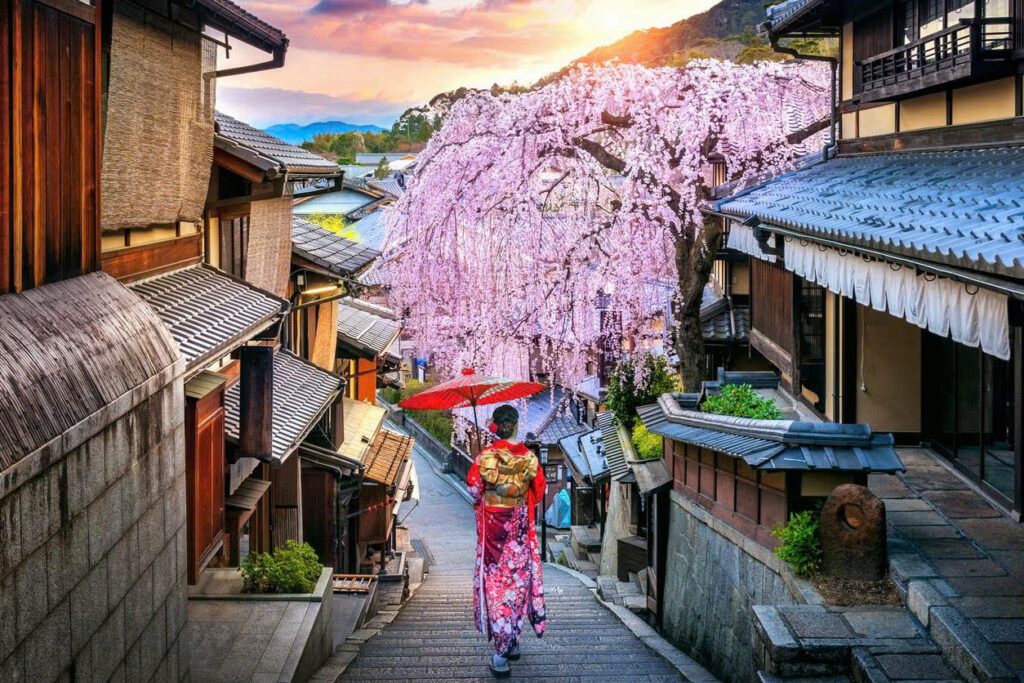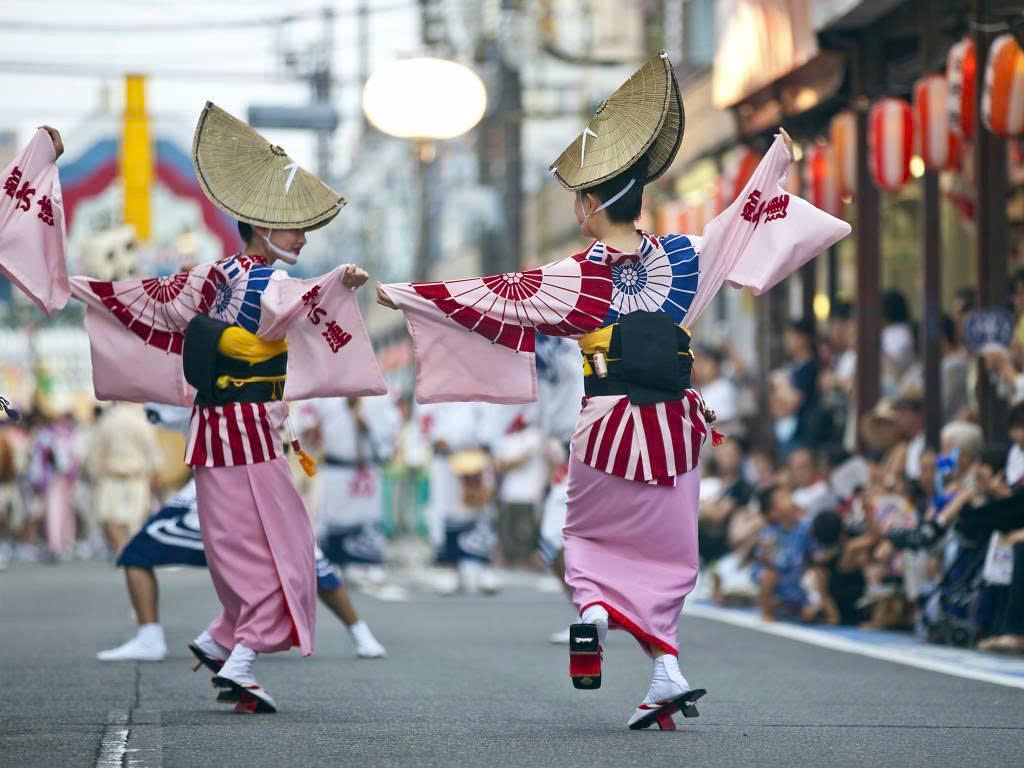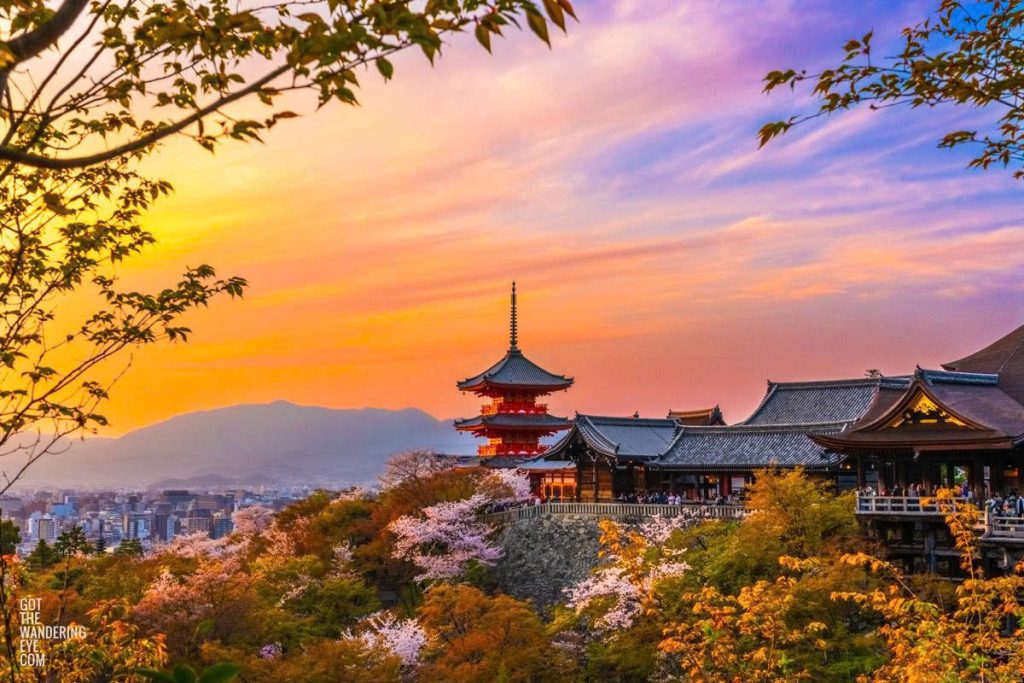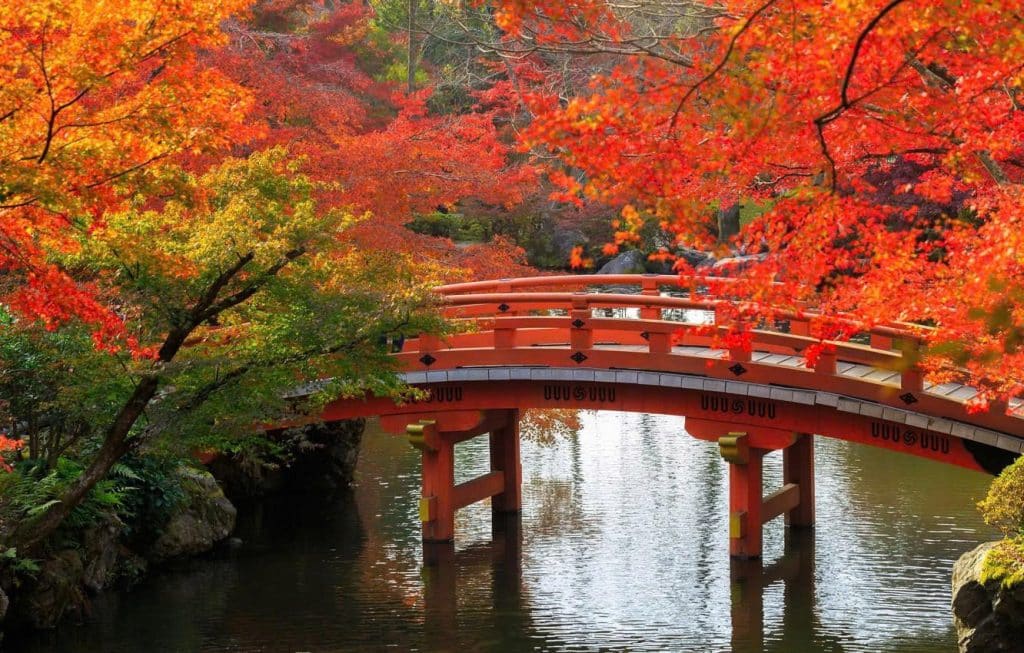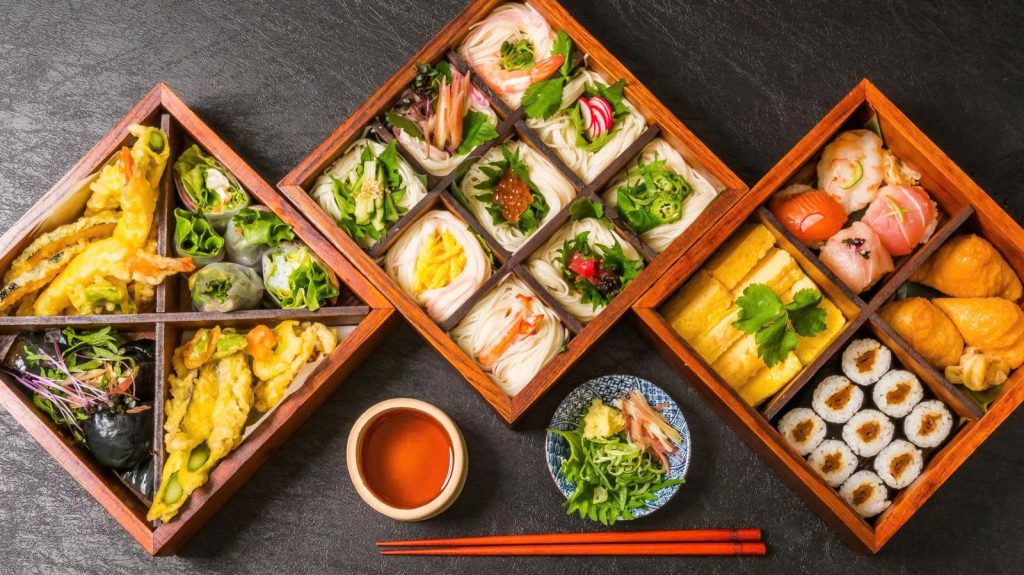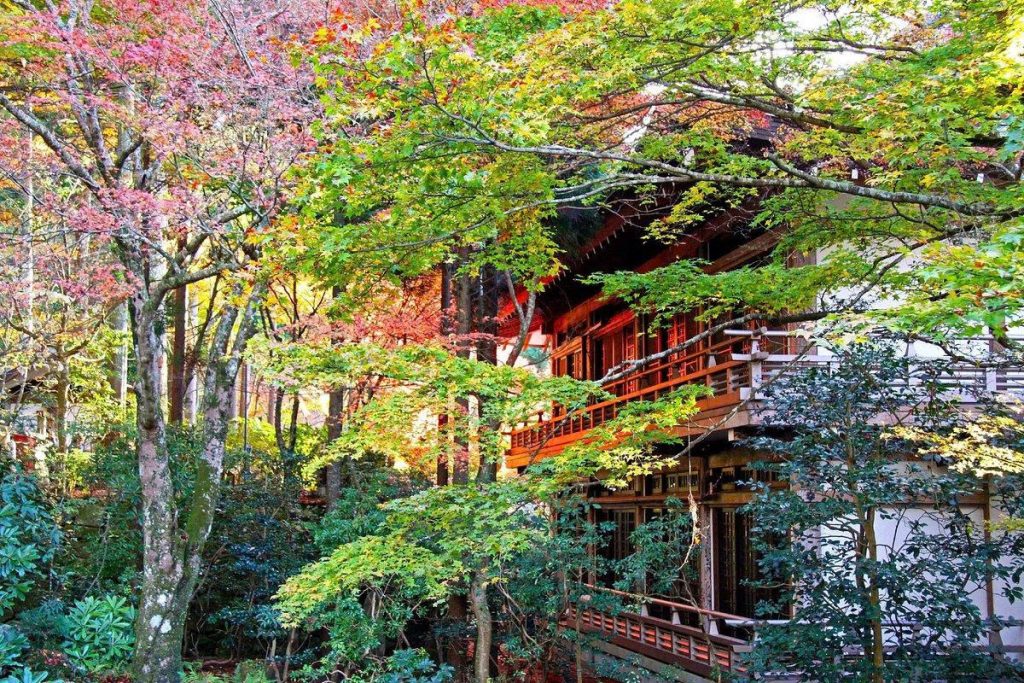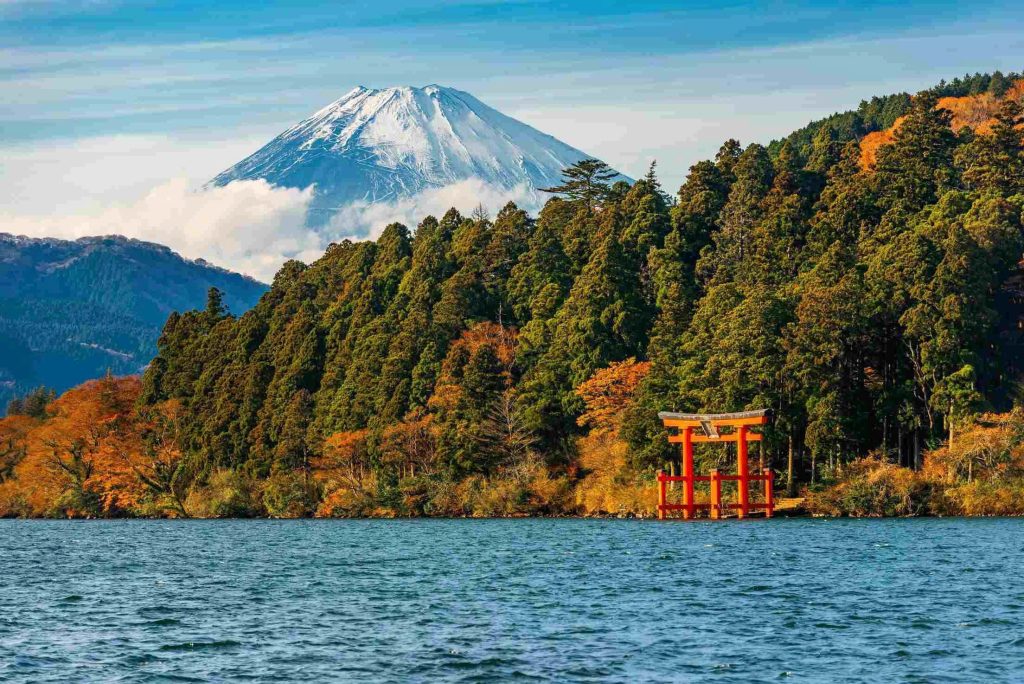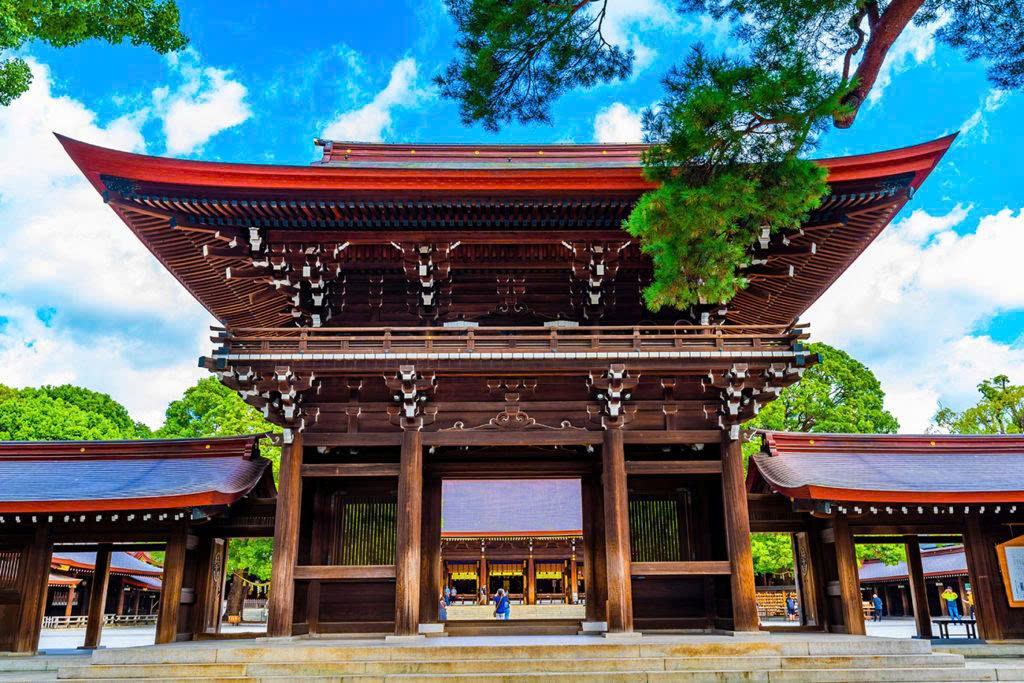No hugging or kissing but bowing when meeting and saying goodbye and being silent on the train are unspoken rules that Japanese people want tourists to follow.
“Japanese people are very proud, and adhering to rules is very important,” says Takao Nishina, a travel blogger and native Tokyo resident. Below are unwritten rules that tourists should follow when visiting Japan to avoid causing discomfort or shocking locals, according to Takao’s suggestions.
Silence is Golden
Takao says that since the Covid-19 pandemic, the number of taxis in Japan has not been sufficient to meet demand, and most people use public transportation to get around. Trains and subways in Japan are always crowded, but that doesn’t mean the space on board is noisy.
“Tourists often make the mistake of being noisy on trains,” Takao says, explaining that in Japan, the atmosphere on trains is very quiet. Making noise is always reduced to the lowest possible level. Tourists visiting Japan should not talk loudly or make phone calls when using public transportation, as this will be considered rude. Tourists may even be asked by locals to stop talking on the phone on the train.
Pay Attention to Direction on Escalators
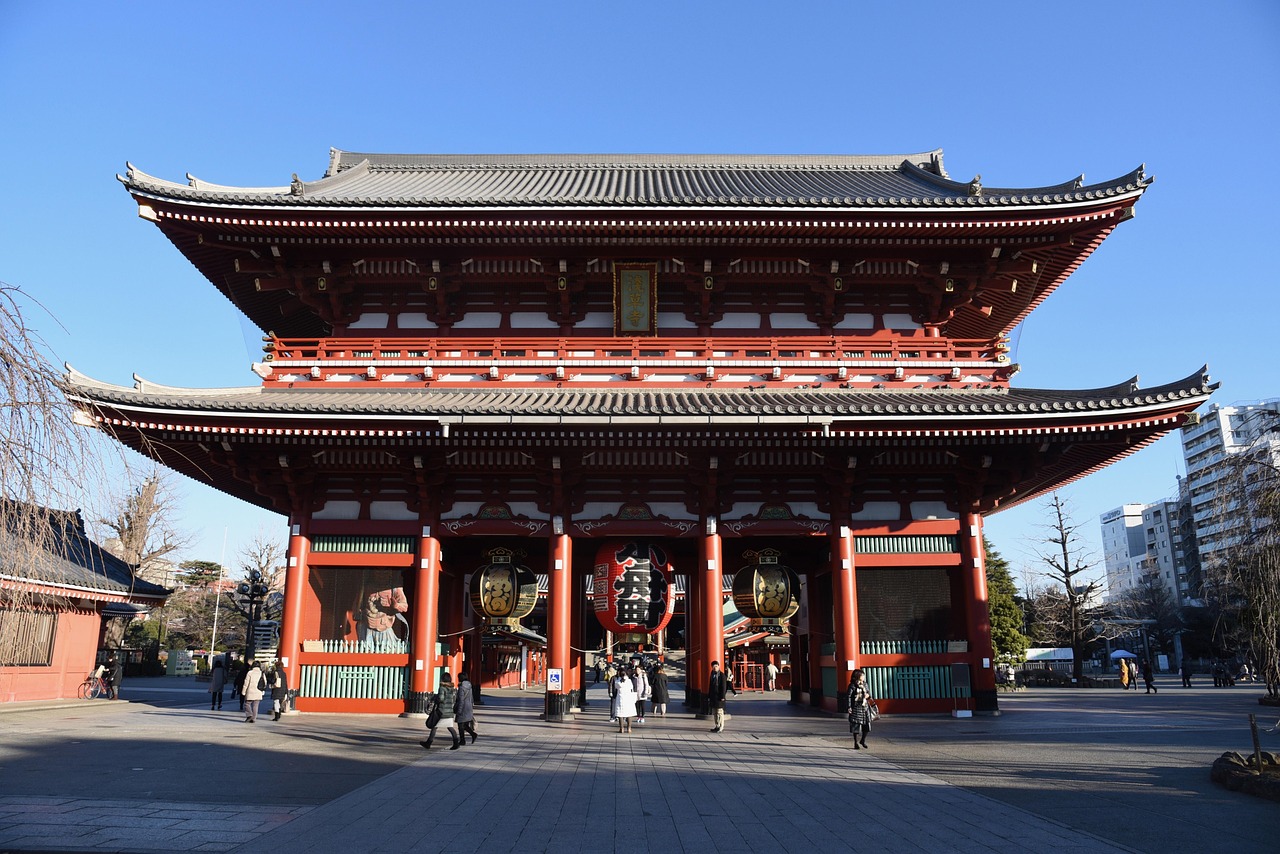
In many places, like London, people have an unspoken rule to stand on the right side of the escalator when using the subway. But in Tokyo, this would be a serious mistake because people usually stand on the left.
According to Takao, train stations in Tokyo are always crowded, and he often sees tourists standing on the right side of escalators, obstructing the movement of Japanese people. However, in Osaka, people have the habit of standing on the right side of escalators. “Even if you make a mistake in either of these cities, no one will tell you because Japanese people are inherently polite,” Takao adds.
Don’t Jaywalk
Walking against traffic lights is something that Japanese people strongly criticize because it violates the law. Therefore, if tourists intentionally cross the road when the light is red, they will receive reproachful and disapproving looks from locals. Takao says that Japanese people will always wait until the traffic light turns green and will never cross the road if the light is red, even if there are no vehicles moving on the road.
No Tipping
Tipping service staff and tour guides is customary in Western culture. In Japan, Takao advises tourists to “save their money” because “it’s not common.”
When tourists offer tips, many Japanese people will sometimes be confused and may even feel offended because they are “being paid extra for work they are already paid for.” Takao says that while it’s still possible to tip, tourists should consider it carefully.
Don’t Litter
Takao says that littering on the street is something that is “absolutely not allowed” when visiting Japan. If there are no public trash cans at your destination, tourists should carry their trash, such as plastic bottles and food wrappers, back to their hotel or find a trash can to dispose of it.
No Hugging or Kissing When Meeting
Western countries, people greet each other by shaking hands or hugging and kissing. Japanese people tend to avoid physical contact. Instead, they bow. “We bow a lot. You will see many people bowing to each other multiple times when they meet or leave,” Takao says. He was also very surprised when an Italian person greeted him with a hug and a kiss.
The Japanese bowing culture is not just for greeting or saying goodbye, but also expresses apology, sincerity, respect, or appreciation for others.
(According to DM)

